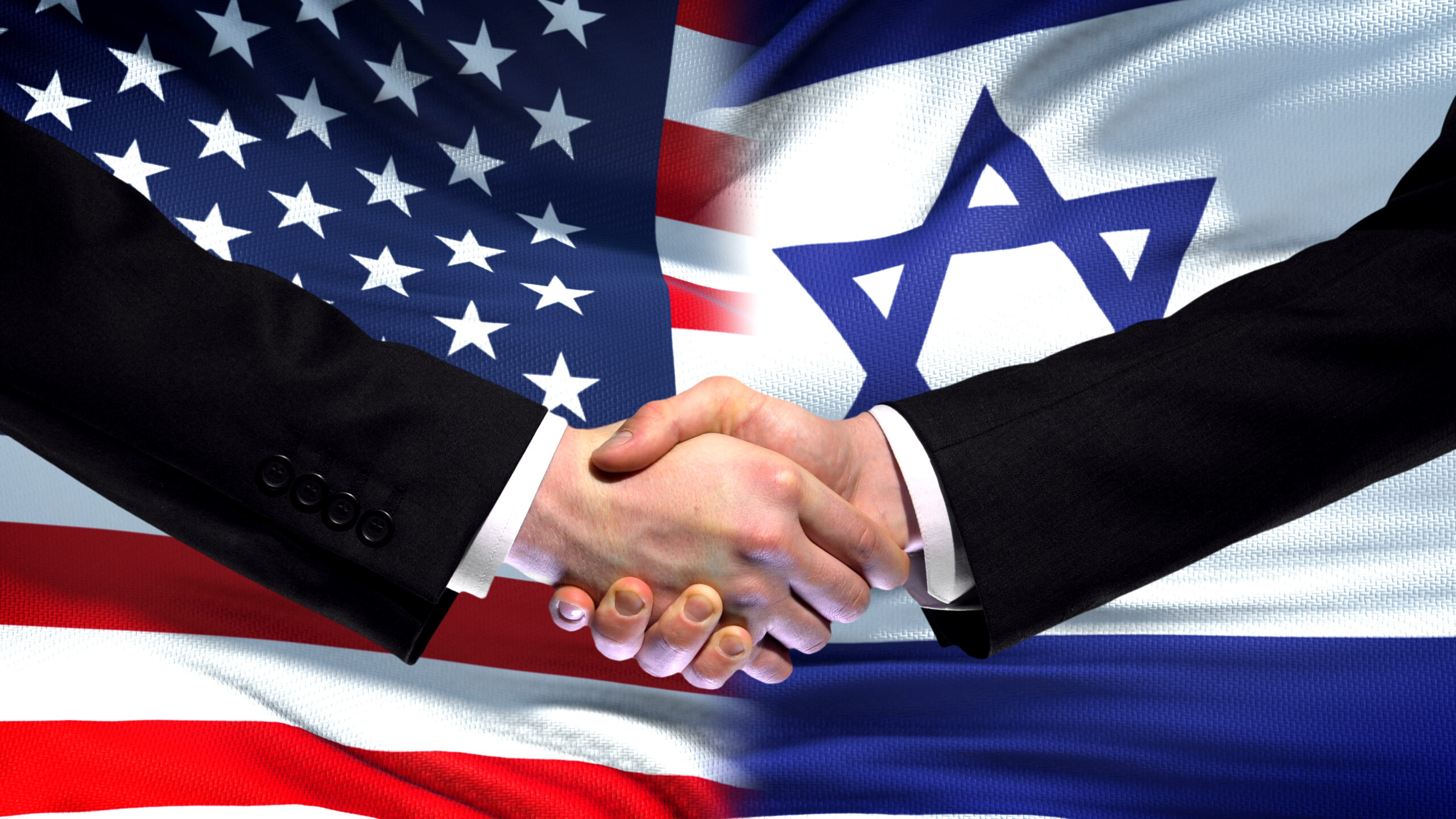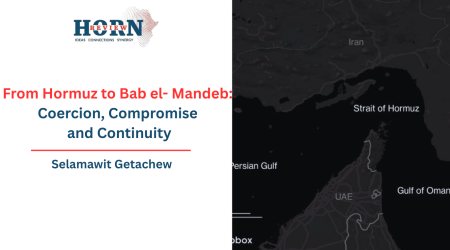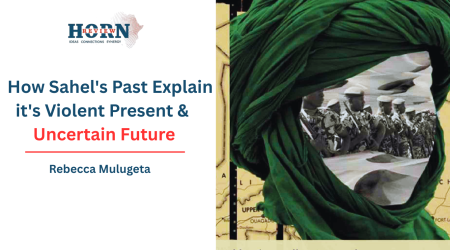
7
Jun
An Uneasy Truce: Analyzing the U.S.-Houthi Ceasefire and its Implications for U.S.-Israel Relations
The sudden U.S.-Houthi ceasefire has been announced following weeks of intense American aerial bombardments in Yemen, and it adds a complicated dimension to the already multifaceted U.S.-Israel relationship. While apparently designed to defuse tension, the Oman-mediated truce questions the effectiveness and implications of such an agreement, especially with respect to the future threats by the Houthis to Israel. Houthi contention that their fight is not with U.S.is actually contradicted by their actions and declarations, resulting in a sensitive situation with extremely wide-ranging ramifications.
The pause in U.S. bombing, launched by President Trump’s adoption of the Houthis’ expressed desire for peace, is the boundaries of American air power in compellingly altering the actions of a recalcitrant non-state actor. The Houthis, reassured by the cessation of the intense U.S. barrage, achieved an important objective. But the telling point of contention is that this point of ceasefire does not directly commit the Houthis to desist from their missile and drone attacks against Israeli targets and Israel-aligned shipping in the Red Sea. This obvious omission has so far understandably failed to generate much domestic friction between the United States and Israel.
Israel sees the continuous Houthi threats as a direct security danger, especially given the group’s demonstrated ability to hit distant targets. The Houthis’ bid to create a distinction that their attack in the Red Sea and against Israel are differentiated from their struggle with the U.S. is likely seen by Israel as a cynical attempt to compartmentalize their hostile actions. To Israel, any group that works for its interests, regardless of what their stated reasons are in other conflicts, is an enemy party requiring a firm reaction. The U.S. embracing of a ceasefire that seemingly overlooks this striking aspect can be interpreted by Israel as de-prioritization of de-escalation in Yemen at the expense of Israeli security interests.
The implication of this is multi-faceted. To begin with, it places the U.S. in a delicate position of having to juggle both a fragile Yemen ceasefire and the security interests of a key ally in a volatile neighborhood. The U.S. will also likely be urged by Israel to ensure that the ceasefire translates into a real cessation of all hostile Houthi activities, including those against Israeli interests. Secondly, the Houthis’ insistence that their campaign against Israel is separate from the struggle in the U.S. suggests strategic calculation. They may be attempting to maintain their freedom of action against Israel while simultaneously reducing immediate military pressure from the United States. This provides them with a means of projecting power and regional staying power without endangering an American re-launching of offensive operations in Yemen.
The success of such a disconnect in Houthis’ fight math is difficult to anticipate. Although the U.S. has agreed to end airstrikes against Yemen, a high-profile Houthi attack on Israel or Israeli-related shipping would put pressure on Washington to rethink. The U.S. has a significant military presence in the area and has the ability to respond to threats against its allies. Thus, the denial by the Houthis of working with Israel regarding the context of the U.S. ceasefire might be a strategic option with catastrophic repercussions if it leads to further escalation against Israeli interests.
There are many different possibilities for what may happen in the future. The Houthis may remain true attacking Israel which may pause the agreement. But given their past statements and deeds, it will not occur without public commitment. Or else they can continue with the attacks, testing U.S. limits of tolerance and possibly drawing Washington into more active engagement. That would definitely strain U.S.-Israeli relations if Israel perceives the U.S. response as weak. A third situation involves more Iranian covert or indirect support to the Houthis in their anti-Israel activities, further destabilizing the regional security environment and posing a challenge to U.S. policy.
In short, the U.S.-Houthi ceasefire, while intended to decrease conflict in Yemen, has introduced a new degree of uncertainty into the U.S.-Israel relationship. Middle East, threatening a new front in the region’s endless wars and forcing Israel to nervously watch its sea lanes turned into potential battle zones.
The real question that remains is whether this uneasy truce can hold, or if the Houthis’ continued attacks on Israeli interests will destabilize the precarious balance, drawing a reluctant Washington deeper into the regional quagmire and further stressing the cornerstone of its Middle East policy the U.S.-Israel relationship.
By Bethelhem fikru,Researcher,Horn Review










